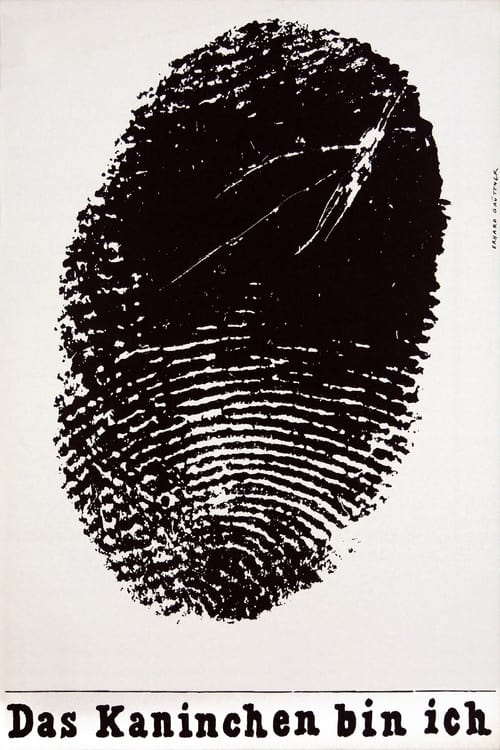
110 mins | Drama, Romance | Oct. 25, 1965
110 mins | Drama, Romance | Oct. 25, 1965

| IMDb rating | 7.1 |
| Producers | DEFA |
| Original title | Das Kaninchen bin ich |
| Directors | Kurt Maetzig |
| Writers | Manfred Bieler, Kurt Maetzig |

as Maria Morzeck

as Paul Deister

as Tante Hete

as Dieter Morzeck
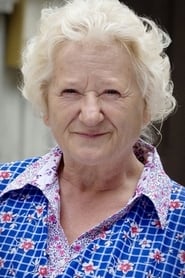
as Schulfreundin
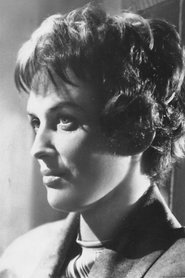
as Gabriele Deister

as Wirtin
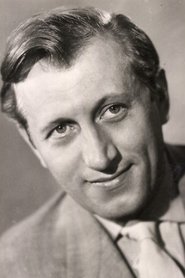
as Grambow

as Bürgermeister
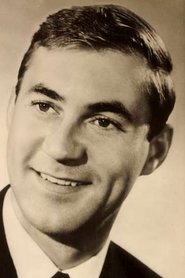
as Ulli

as Oskar

as Edith

as Richter

as Major Hellmich

as Vorsitzender der Fischereigenossenschaft

as Schuldirektor

as Sekretärin

as Dr - Merker

as Polizist

as Hella
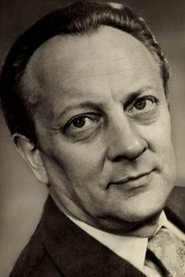
as Älterer Strafgefangener

as Kleiner Wachtmeister im Gericht

as Staatsanwalt Hoppe

as Kriminalist

as Kriminalist

as Barfrau

as Frau eines Strafgefangenen

as Verteidiger

as Josef

as Helmut

as Beetz

as Straßenbahner

as Protokollantin

as Frau eines Strafgefangenen

as Tänzer

as Tänzer
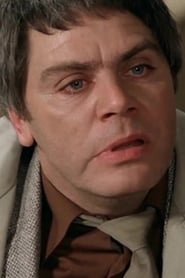
as Tänzer

as Küchenfrau

as Araber

as Mann um die 40

as Beisitzer